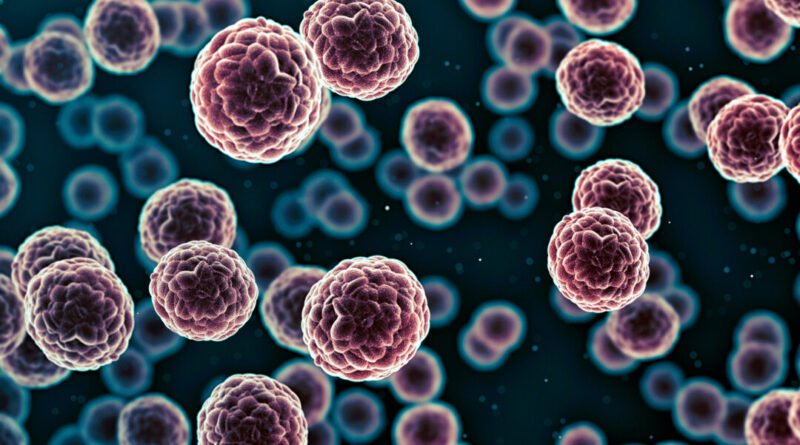Increasing Incidence of Complex Blood Cancer in Australia
The research shows that the number of Australians diagnosed with a complex blood cancer is expected to increase significantly over the next 25 years.
By 2043, it is estimated that around 80,000 individuals will develop multiple myeloma, representing a nearly 15 percent rise from previous forecasts.
A study conducted by the Daffodil Centre, a collaboration between Cancer Council NSW and the University of Sydney, projects a decrease of approximately 27.5 percent in mortality rates.
Despite this improvement, the research, published in the Medical Journal of Australia, indicates that about 28,000 people, equivalent to more than one in a thousand of the current population, will succumb to the disease.
Multiple myeloma affects plasma cells within the bone marrow, hindering their ability to produce antibodies effectively to combat infections.
When an individual has myeloma, these cells fail to perform their function, overcrowding the marrow and inhibiting the growth of new working cells.
Symptoms of multiple myeloma include fatigue, prolonged infections, and unexplained bone pain or bruising, which can often go unnoticed for some time.
The average age at diagnosis is 71 years old.
According to Cancer Council Australia, 90 percent of individuals have multiple lesions upon diagnosis, leading to the common term “multiple myeloma.”
Associate Professor Eleonora Feletto, the lead author of the study, emphasized the challenges in treating this complex cancer and the lack of knowledge regarding prevention and identification of high-risk individuals.
She highlighted that the risk of multiple myeloma increases with age, and as Australia’s population ages, the number of new diagnoses is expected to rise gradually.
Various risk factors, such as a family history of the disease, radiation exposure, and obesity, contribute to the development of multiple myeloma.
The cost of treating multiple myeloma per patient is among the highest for cancer treatments, considering the complexity and combination of treatment approaches required.
While there is no national screening program for myeloma in Australia, simple blood and urine tests can help detect the disease.
Cancer Council NSW advocates for increased funding for early detection programs and prevention studies aiming to intervene at an earlier stage to enhance survival rates.
Anita Dessaix, the council’s director of cancer prevention and advocacy, stressed the need for improvements in cancer services to ensure quality care for all individuals, regardless of their location.
She urged governments to review and update clinical guidelines to meet the evolving needs of the healthcare system.




